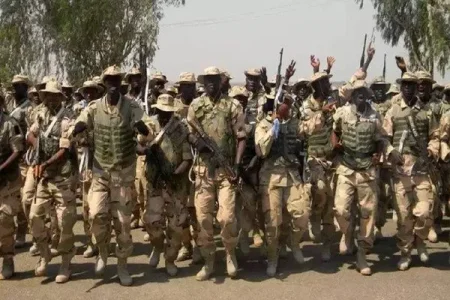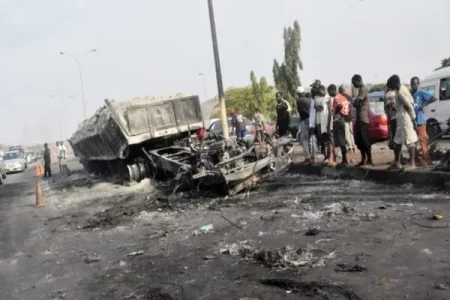
The Nigerian Army has raised alarm over the low number of recruits from the South-East, with only 200 youths enrolled in its latest recruitment drive. Army officials are urging traditional and community leaders to help reverse the trend and ensure regional inclusion in national defense efforts.
The Nigerian Army has raised concerns over the alarmingly low participation of youths from the South-East region in its ongoing recruitment exercise. Brigadier General Chima Ekeator, who leads the Army’s Force Headquarters Recruitment Sensitisation Team in Anambra State, disclosed that only about 200 applicants from the region have registered so far.
During a sensitization event attended by community leaders and youth representatives, Ekeator contrasted this figure with far higher participation numbers from other regions, some recording over 4,000 enlistments. He emphasized the urgent need for local leaders to encourage young people in their communities to embrace opportunities within the Nigerian Army.
“This outreach is meant to close the gap,” he said. “Our records show a serious shortfall in the South-East. We are asking traditional and youth leaders to mobilize and inspire young people to take advantage of this opportunity.”
The campaign comes amidst broader concerns over dwindling enlistment from the region, previously flagged by the Nigerian Army as worrisome. Some analysts attribute the reluctance to a complex mix of historical grievances, perceived marginalization, and ongoing security tensions in the region.
Anambra State Governor Charles Soludo, represented at the event by Commissioner for Youth Development Patrick Aghamba, assured the Army of the state’s support in promoting awareness. He urged traditional rulers and community heads to help mobilize at least ten youths each for the exercise.
The Commissioner for Local Government and Chieftaincy Affairs, Tony-Collins Nwabunwanne, added that the Army seeks candidates aged between 18 and 22. He called on youths to view military service as both a patriotic and economically viable career path.
The Army’s push reflects growing concern over the need for balanced regional representation within national security institutions. Officials also fear that low enlistment may further widen the trust gap between the military and certain communities.
Observers say stronger community engagement and more inclusive messaging may be key to rebuilding confidence and encouraging youth enlistment in the Southeast.



